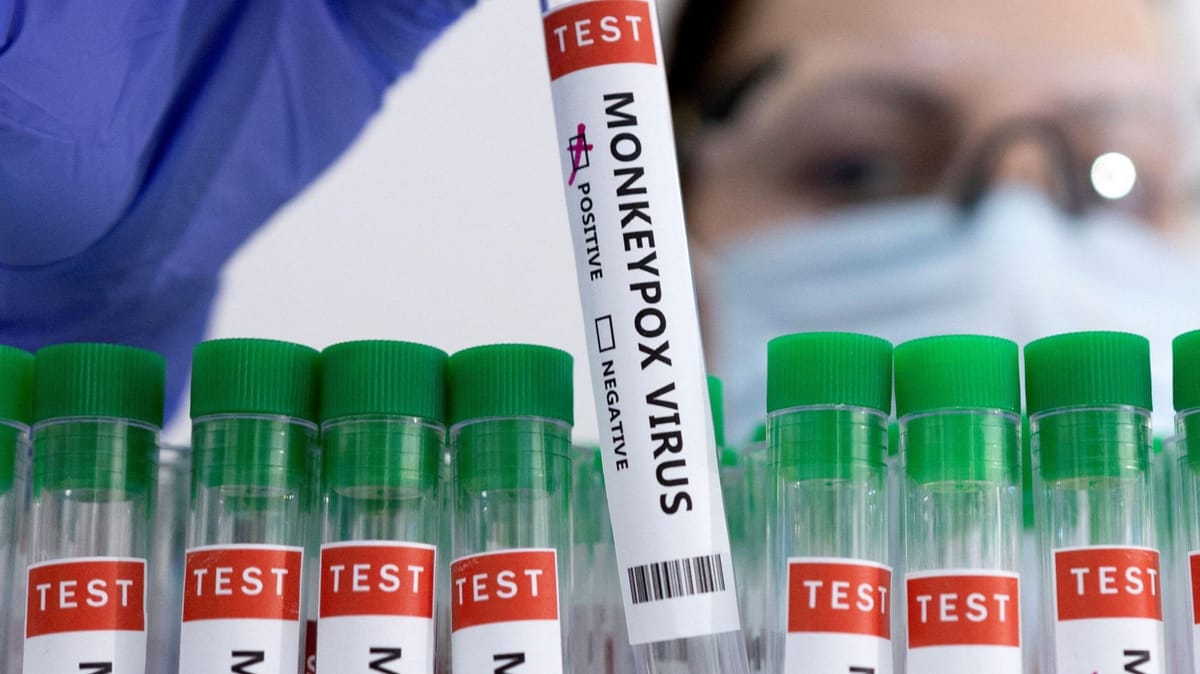New Mpox Strain Raises Global Health Concerns
Clade 1b, a new Mpox variant, is rapidly spreading in the Democratic Republic of Congo, with a higher mortality rate and severe symptoms. Discover why scientists are alarmed and what's being done to contain it.

A new, potentially more dangerous strain of the Mpox virus, known as Clade 1b, has emerged in the Democratic Republic of Congo (DRC), prompting scientists to issue urgent warnings about its potential for international spread.
First detected in September among sex workers in the mining town of Kamituga, Clade 1b has since affected approximately 1,000 individuals in the South Kivu province. The strain has now reached Goma, a city near the Rwandan border, escalating concerns about cross-border transmission.
Jean Claude Udahemuka from the University of Rwanda describes Clade 1b as "undoubtedly the most dangerous of all the known strains of Mpox." Early estimates suggest a mortality rate of 5% for adults and 10% for children, significantly higher than the previous Clade 2 strain that caused the 2022 global outbreak.
Key Characteristics of Clade 1b:
- Higher transmissibility between individuals
- More severe symptoms, including widespread rashes
- Increased mortality rate
- Potential for household and community spread
- Reports of miscarriages and possible long-term health effects
Leandre Murhula Masirika, a research coordinator in South Kivu, notes that while most new cases are sexually transmitted, the strain has demonstrated an ability to spread more readily between household members. There have also been reports of outbreaks among schoolchildren.
The World Health Organization and other global health bodies are planning an emergency vaccination campaign in South Kivu. However, accessing affected areas, particularly Kamituga, the outbreak's epicentre, remains challenging.
Professor Trudie Lang from the University of Oxford emphasizes the urgent need for more research to understand the strain's incubation period and whether asymptomatic spread is possible. These factors are crucial in determining the potential severity of an epidemic.
It's important to note that current case numbers may underrepresent the true extent of the outbreak, as they only reflect individuals seeking hospital treatment.
As the situation evolves, health authorities stress the importance of global vigilance and preparedness. The 2022 Mpox outbreak demonstrated the virus's capacity for international spread, and this new strain presents potentially greater challenges.
Individuals are encouraged to stay informed about the situation and support containment efforts. As we navigate this emerging health concern, cooperation and proactive measures will be key to preventing a wider outbreak.




